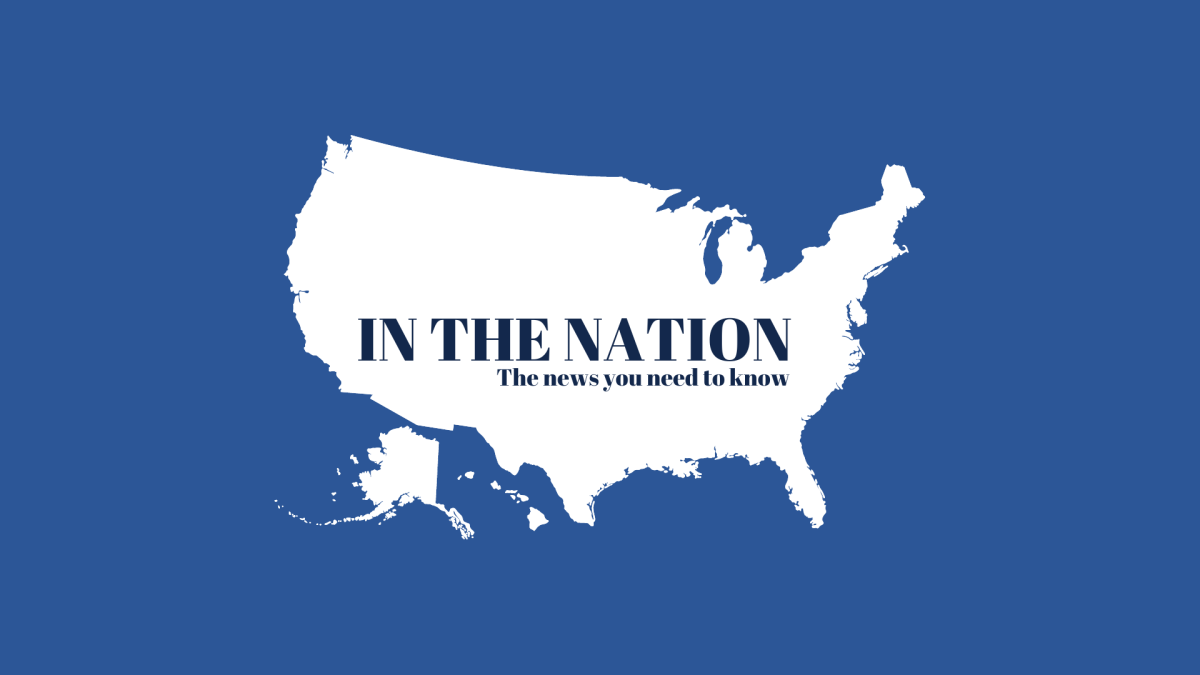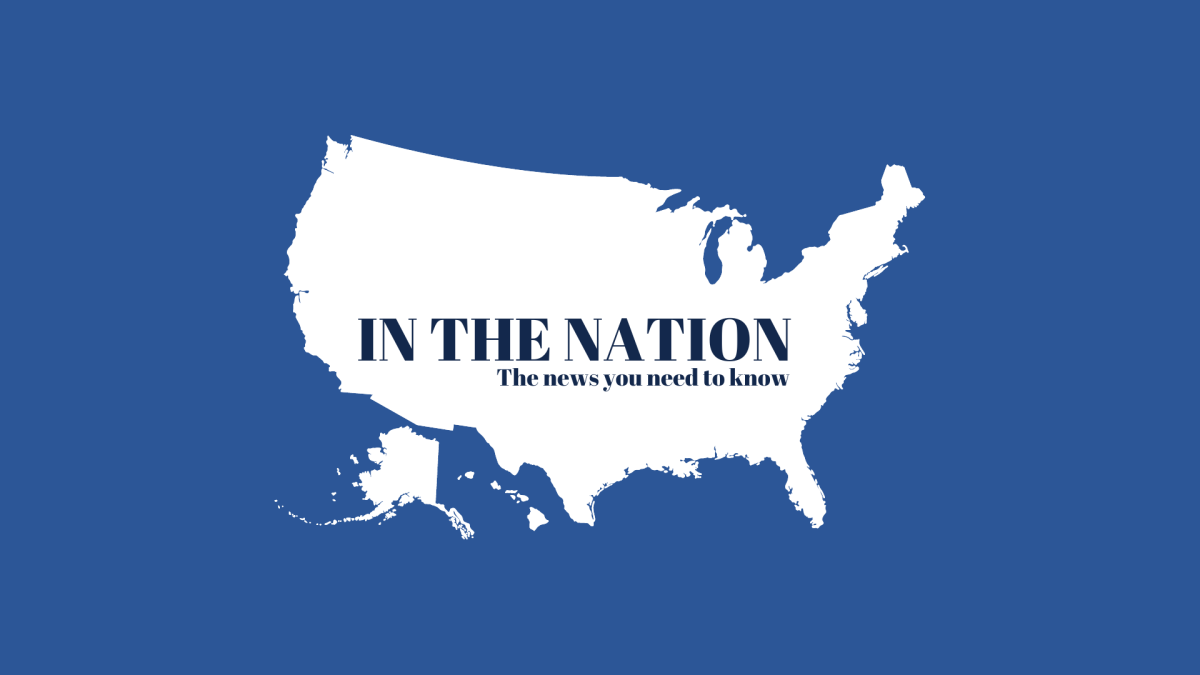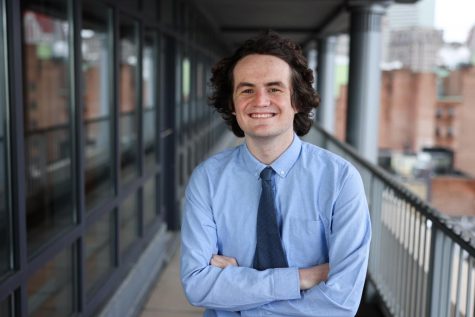Google settles Incognito lawsuit, pledges to delete user data
In a settlement announced April 1, the tech giant Google agreed to purge billions of records after a 2020 class-action lawsuit claimed the company illegally surveyed millions of users.
According to the Associated Press, the $5 billion lawsuit accused Google of tracking Chrome users’ search activity even when they had switched the browser to the “Incognito” setting, among other claims.
The settlement, originally agreed upon in December 2023, is the fourth case resolved in as many months by Google, according to The New York Times.
Google agreed to delete the personal data it had collected from over 136 million Chrome users. The Times reported the company would also retain a block on third-party cookies by default when browsing in Incognito mode for the next five years and will stop using technology that detects when users enable private browsing.
José Castañeda, a spokesman for Google, said in a statement that the company would not pay out any damages to plaintiffs as part of the settlement, although individuals can sue the company on their own.
“We are happy to delete old technical data that was never associated with an individual and was never used for any form of personalization,” Castañeda said.
Florida Supreme Court rules for 15-week abortion ban
The Florida Supreme Court ruled in favor of a law that would ban abortions past 15 weeks, paving the way for a more restrictive ban at six weeks to take effect soon, but voters have the option to reverse this through the ballot in November.
In a 6-1 decision, the court ruled in favor of a ban on abortions at 15 weeks. This law, signed by Gov. Ron DeSantis, has been enforced during the time it was in front of the court. The ruling also greenlights a ban past six weeks, passed by the Florida legislature in 2023, that was designed to take effect only after the 15-week ban was upheld.
A six-week ban would outlaw abortions before many women are aware they are pregnant, according to the Associated Press.
“This decision demonstrates how precarious our personal freedoms are in this state,” said Florida Democratic Rep. Anna Eskamani to the Associated Press. “It’s so extreme you’re going to see Floridians having to go out of state, probably to Virginia, to get care.”
Florida House Speaker Paul Renner said the bill includes exceptions for rape and incest.
“It is a compromise that addresses where I think many Floridians are,” said Renner.
The Florida Access Network, an advocacy group dedicated to abortion rights in Florida, said they will shift towards paying for travel for those who need abortions, according to Advocacy Director Stephanie Loraine Pineiro.
“People who can’t afford to travel, can’t afford to lose their jobs because they have to travel for abortion care, these are the people who are going to be forced to remain pregnant,” she said. “The collateral damage is all of us.”
Aid workers die after Israeli military strike, humanitarian group pause operations
Seven humanitarian aid workers died after Israel fired on the disaster relief organization’s convoy April 1.
The three-vehicle convoy was leaving a warehouse in Deir al Balah, a city in the central Gaza Strip, where aid workers unloaded more than 100 tons of food brought by sea, according to The New York Times.
WCK said in a statement April 2 that the organization had coordinated its movements with Israel’s military. CEO Erin Gore denounced the attack and said the organization was immediately pausing operations in the region.
“This is not only an attack against WCK, this is an attack on humanitarian organizations showing up in the most dire of situations where food is being used as a weapon of war. This is unforgivable,” said Gore.
The Times reported the names and nationalities of the workers killed, confirmed by WCK. Of the seven workers killed, Saif Abu Taha was Palestinian, John Chapman, James Henderson and James Kirby were citizens of the United Kingdom, Zomi Frankcom was Australian, Damian Sobol was Polish and Jacob Flickinger was a dual citizen of the United States and Canada.
In a video statement April 2, Israeli Prime Minister Benjamin Netanyahu said officials were investigating the “tragic case of our forces unintentionally harming innocent people in the Gaza Strip.”
Later the same day, Netanyahu posted on X that Israel is “fully committed” to allowing humanitarian aid to reach Gaza, where hundreds of thousands are facing starvation.
“Israel deeply regrets the tragic incident which claimed the lives of seven humanitarian aid workers,” the post said. “Our hearts go out to their families and to their home countries.”
President Joe Biden said in a press release April 2 he was “outraged” by the workers’ deaths and said the U.S. would continue to send humanitarian aid to Gaza “through all available means.”
Biden also criticized Israel for failing to protect aid workers and civilians from harm during its ongoing military operations in the Gaza Strip.
“Incidents like yesterday’s simply should not happen. Israel has also not done enough to protect civilians,” the statement said. “The United States has repeatedly urged Israel to deconflict their military operations against Hamas with humanitarian operations, in order to avoid civilian casualties.”
According to the Aid Worker Security Database, 203 aid workers have been killed in Gaza since the Oct. 7 attacks.













